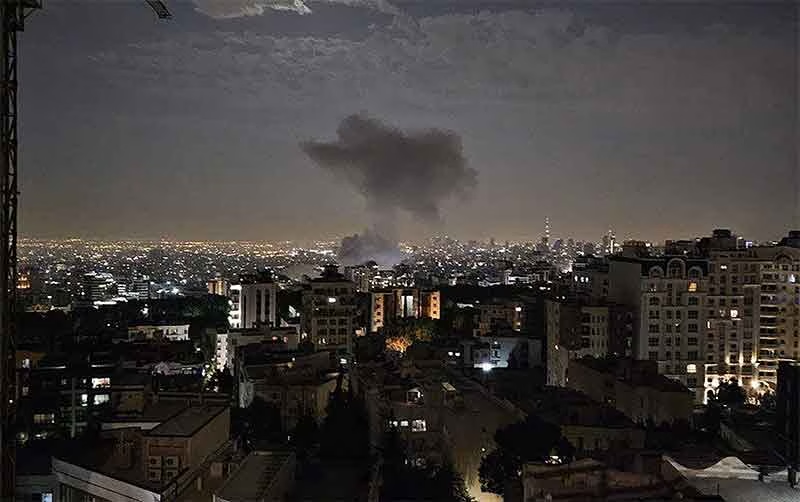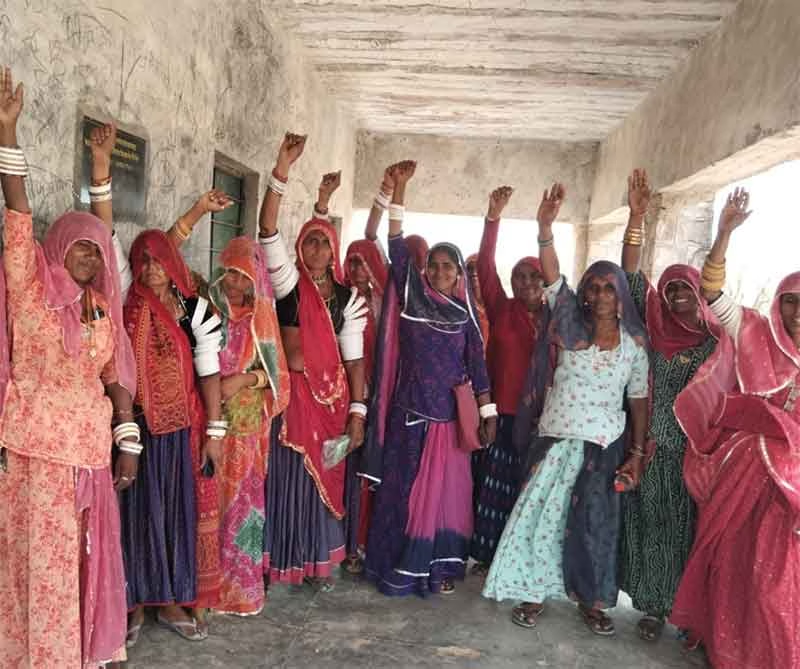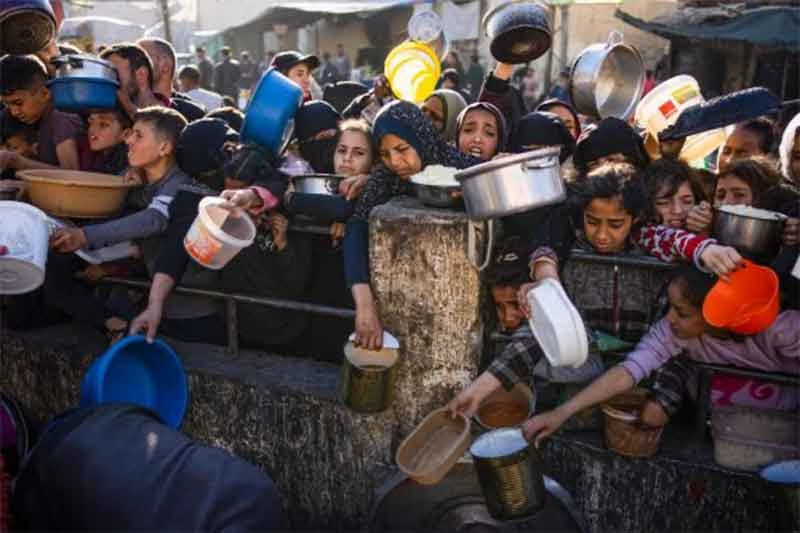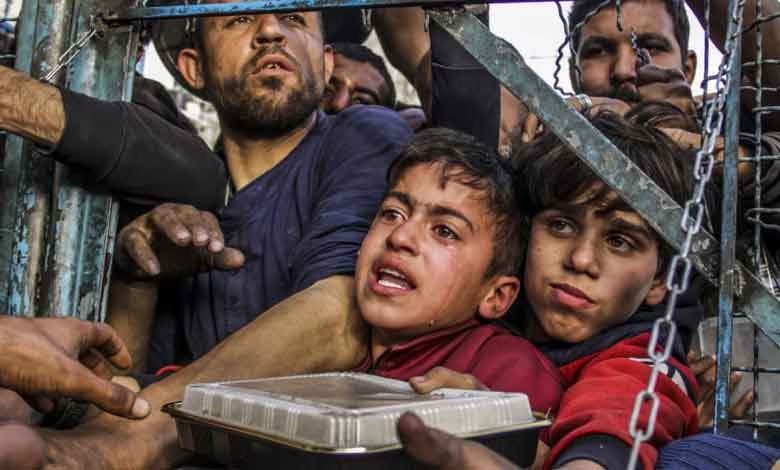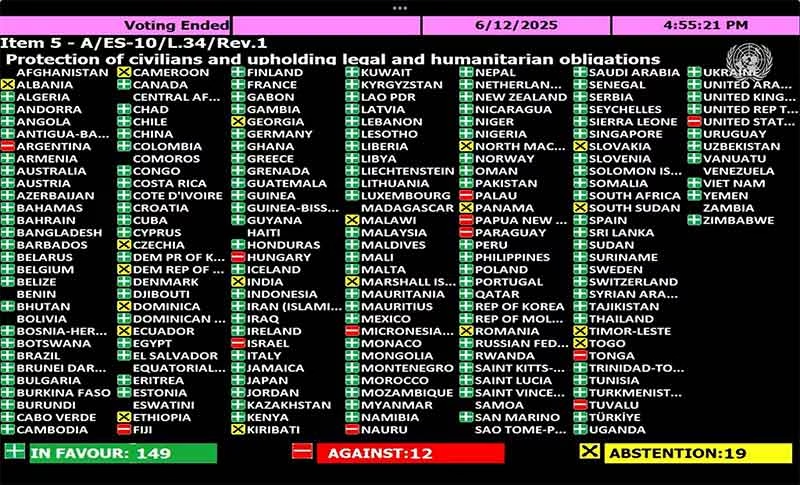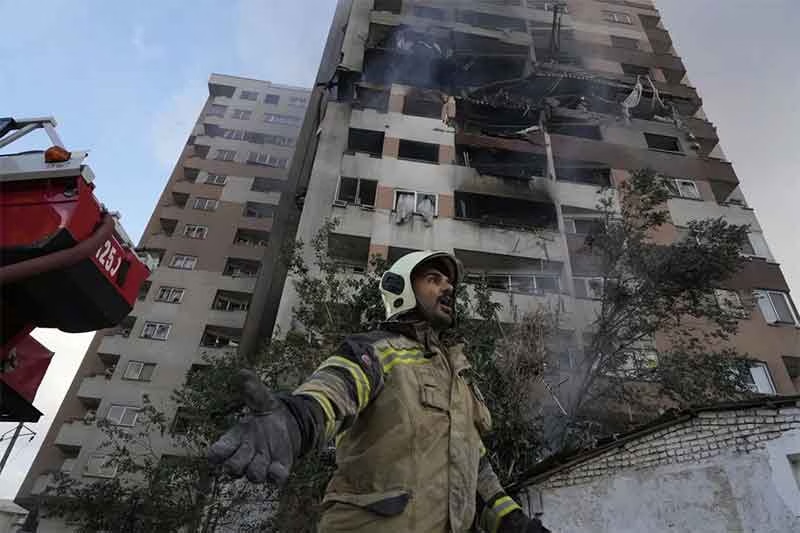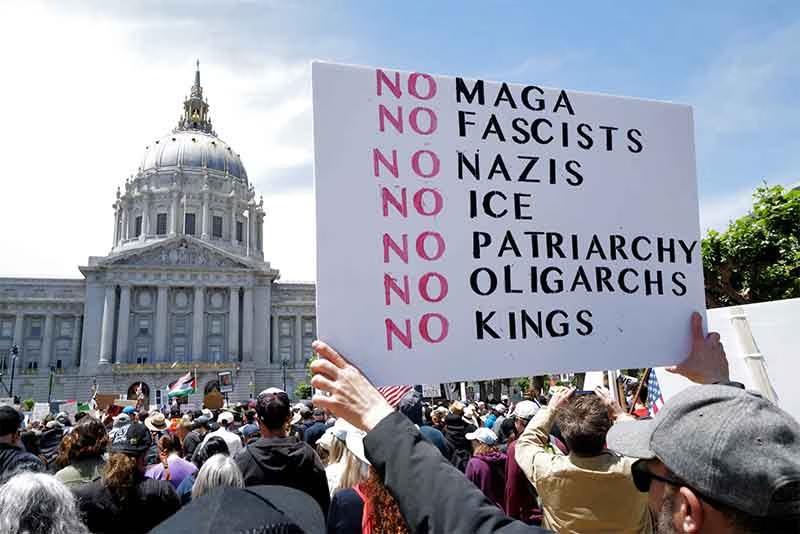
Any country or region striving to come as close as possible to the concept of an ideal society would be expected to give the highest priority to three crucial tasks.
Firstly, it would learn to consider various issues and situations from a perspective of promoting equality and justice, peace and social harmony, protection of environment and all forms of life, democracy and decentralization, and to take decisions on this basis. Solutions to various problems would be sought on this basis.
Secondly, it would learn to integrate and consolidate these essential precepts into a framework, prepared in accordance with local conditions and needs, whereby these can be pursued in mutually consistent ways. Without this second condition, any single percept when taken to an extreme can at times conflict with other objectives, and the system can break down before it can start giving the expected good results.
Thirdly, as far as possible, the country would respond to all external and international issues on the basis of these precepts, at the same time allowing for reasonable restrictions on this commitment to protect national interests or interests of local people. To give an example, a small county may have to pay too heavy a price for speaking strongly against some highly unjust action of a very powerful country without having the ability to bring any real change, and so it may be more prudent to remain quiet sometimes.
Now, how many countries in the world have been following consistently such approach and policies or according them highest priority for a reasonable length of time, say a decade or so? Unfortunately, hardly any such examples readily come to mind. It is possible that one may be missing something, but at least this much can be said without risk of being disputed that such examples are extremely rare to find.
The indexes of human development and happiness that have been widely discussed are generally full of huge contradictions, as several of those countries that are placed at or near the top are often responsible for or else are complicit in the most horrible destructions in the world, apart from suffering in some cases from serious social disintegration, substance abuse and depression.
On the other hand one can identify some limited periods of time from the recent past when some countries were genuinely courageous and sincere in following at least some of these precepts in inspirational ways. Hence we can say that we could see such examples for some years in Vietnam and Cuba, perhaps also in Nicaragua and some other countries as well.
One reason why such examples have been so rare and generally also short-lived is that several hurdles have been placed in the path of those countries which were striving to get close to these ideals. In several places some of those elected leaders with the highest hopes for achieving this were removed in coups, or else were simply eliminated or assassinated by powerful forces.
One example is Congo where Patrice Lumumba had become the symbol of very hopes for the people of his country, but was assassinated in an extremely cruel and criminal coup engineered by the USA and Belgium, possibly with the further help of others. Keeping in view his popularity and high ideals, Lumumba could have secured so much for this very important country with huge precious resources. His cruel removal from the scene instead ensured that those wanting to continue their plunder of the country would also continue to get the collaboration of ruthlessly selfish dictators.
Chile is another example of the removal of a democratically elected government of great aspirations led by Allende (who was killed) whose work could have contributed to substantial realization of ideal precepts not only in Chile but in a wider area due to its extended impact.
These are only some of the better known and documented examples. Recent history has been full of examples of forces of justice and equality being obstructed, toppled or eliminated in highly unjust, undemocratic and cruel ways. Even within the USA, the two most popular leaders who had shown the greatest promise for heralding peace with justice—President John F. Kennedy and Martin Luther King Jr. — were assassinated in a most cruel way, most likely by inside forces. The individuals involved may have been different, but the forces which killed Kennedy and King on the one hand and Allende and Lumumba on the other hand were the same.
Even in the case of several tragic failures of the Soviet Union, it can be stated that if the Russian revolution had not faced so much opposition from leading western powers from its very beginning, it is possible that more enlightened and democratic leadership could have emerged here in earlier years with different results. On the other hand, external continuing efforts to obstruct and if possible destroy the revolution resulted in the leadership getting concentrated in the hands of more restrictive and repressive leadership with predictable results.
This is not to deny that communism here or elsewhere did not have its own limitations and problems which were in violation of the precepts of democracy, decentralization, protection of environment and all forms of life. In fact both the systems of capitalism and communism have been found to be in violation of the realization of the precepts and requirements of an ideal society. Some people say that China has found an ideal by combining communism and capitalism, but this is a contradiction in terms as both capitalism and communism, in the forms seen so far, appear to be unable to provide suitable conditions for the realization of most essential ideals or their integration in mutually consistent ways for any sustained length of time.
The world has suffered a lot in recent decades due to the pushing from powerful places of very regressive and harmful ideas and ideologies which have resulted in increasing problems not only for the victims of these ideas but in some contexts also for the promoters of exploitative ideologies of dominance, ideologies which are ultimately revealed to be not just destructive to others but also to be self-destructive. Hence the way forward is to carefully work on how certain ideal precepts can be taken forward in mutually consistent ways in the conditions and constraints of various countries and societies, and also at a global level. Many leading international institutions are also in disharmony with these essential precepts, so big reform is needed here too.
All this has become even more important now as the essential survival conditions of our planet are being threatened in serious ways, as warned repeatedly by several eminent scientists and experts.
For easy identification of these essential precepts, the precepts of justice (J), equality (E), protection of peace (P) and protection of environment (P), taken forward democratically and in ways that prioritize resolving the survival crisis (S), can be shortened to an abbreviation of JEPPS.
A sincere, honest, JEPPS- based approach of finding the most appropriate path for various countries and regions and ultimately also at the global level can be the way forward for a badly threatened, troubled and confused world.
Subscribe to Our Newsletter
Get the latest CounterCurrents updates delivered straight to your inbox.
Bharat Dogra is Honorary Convener, Campaign to Save Earth Now. His recent books include Planet in Peril, Man over Machine, A Day in 2071, Earth without Borders and Saving Earth for Children.




